The second day of the 16th Bengaluru International Film Festival (BIFFES) was abuzz with preparations as industry luminaries, including Dr. Sadhu Kokila, Kishore Kumar G, Shree Lakshminarayana Shastry, and N Nageshwara, along with stars, gathered to commemorate’World Kannada Cinema Day’.
Highlights of the Day-2:
• Celebrating World Kannada Cinema Day
– One of the highlights of Day 2 was celebrations of World Kannada Cinema Day, featuring Dr. Sadhu Kokila (Chairman), Kishore Kumar G (Ambassador), Shree Lakshminarayana Shastry, N Nageshwara and N Madhukar Rao, Girija Lokesh, Srujan Lokesh, TS Seetharam (TV Director, Screenwriter, & Actor) —relatives of the cast from Sati Sulochana, the first Kannada talkie.
– Lakshamana Das, along with his crew, performed two of the only preserved songs from Sati Sulochana, which served as a reminder of the importance of preserving cinematic heritage. The session emphasized the role of diversity in Kannada cinema’s history and highlighted the need to utilize modern technology to honor and preserve the legacy of the industry’s ancestors.
– Discussions also centered on the history of the Actors and Directors involved in shaping Kannada cinema. Actor Kishore spoke about the male-dominated nature of the industry today, noting how Sati Sulochana stood out for breaking gender biases by featuring a female lead—a rarity for its time.
– Books by senior Journalist Muralidhar Khajane on Late Girish Karnad – Kaleidoscope in English, JanapadaChitragalu (folklore), mythological films, historical films and on Kannada film music were released.
– One of the key takeaways was the necessity of dedicating spaces or days to celebrate and preserve the history of Kannada cinema. As many films, like Sati Sulochana, lack comprehensive records, it’s crucial to safeguard and document these invaluable pieces of cultural history for future generations.
• Session 1 – The Rise of AI in FilmMaking
– A workshop on AI in filmmaking, held in collaboration with the Confederation of Indian Industry (CII), featured speakers Biren Ghose, Senthil Kumar, and Dr. S. Raghunath, with Natarajan Vidyasagar as the moderator.
– They discussed on how AI redefines visual storytelling, emphasizing that while AI enhances post production and efficiency, it cannot replace human creativity. Biren Ghosh quoted that “AI is like a palette—taking a history of data and remixing it.”
– Mr Senthil Kumar, Founder of Qube Cinema and Dr S Ragunath, Professor at IIM highlighted ethical concerns like copyrights and originality, stressing that AI should just be a creative tool. Dr S Ragunath focused on the three fundamental questions i.e. who can make the content, who will consume, how we will create and make sure it is consumed in the right manner.
– The session concluded with a Q&A reaffirming that AI’s success in filmmaking depends on responsible integration of AI while preserving human artistry.
• Session 3 – Approaching AI for films: From Script to Screen
– Chaitanya Chinchlikar, CTO and Head of Emerging Media at Whistling Woods International, described how AI doesn’t simply depend on prompts, but also comprises other components, including merging, revising, and constant guidance with feedback.
– What’s new today may become obsolete tomorrow. “We’re in the middle of a tech cycle; things are precarious,” he commented.
– However, both Chaitanya and Raghu alleviated concerns about human skills being replaced by AI, adding that AI requires a skillset to operate, which must be provided by humans. While AI accelerates processes with fewer crew members, it also creates new jobs and roles for humans. Therefore, domain knowledge and curation are crucial.”
• Session 4 – AICopyright and Creativity
– Speaker Shibasish Sarkar discussed the role of AI in films like Jawan and Kalki, emphasizing its impact on dubbing, casting, and scriptwriting. He highlighted how AI has taken over many jobs in the industry and predicted that, in ten years, we will rely heavily on AI for all aspects of filmmaking.
– Sarkar also pointed out that current copyright laws hold only humans accountable, and future litigation may require legal changes. He raised concerns about whether companies using AI seek permission from artists to train their models. However, he concluded by asserting that AI can never fully replace humans and will always need a human touch.
– Ravi Kottarakara highlighted AI’s Impact on Jobs and Industry. He said while AI may replace some jobs, it will also create new opportunities. It enhances industries like cinematography rather than fully replacing human roles.Determining ownership of AI-generated content is complex, involving prompters, app developers, and producers. Additionally, privacy concerns, especially in India, require stronger regulations.
• Session 5 – AI disruption: A Panel Discussion on Challenges, Opportunities and the Way Forward
– AI has paved its way tomany opportunities alongside challenges which was the theme of today’s panel discussion which comprised of speakers Vivek Reddy, Arul Moorthy, Aditya Mani.
– Being a founder of YOLOgram style Aditya Mani told how months of hard work can be vanished if we don’t know how to cater AI properly which can not only empower us but also rob our creative skills.
– Post which Arul Moorthy talked about AI websites that can be used for design creation and music creation with the help of prompt that optimized the use of VFX alongside he also highlighted ethical and legal challenges that can be faced while using AI.
– Vivek Reddy reflected upon how Indian Cinema needs to amplify itselfin terms of compatibility in advancement of technology and equipment used in film making.

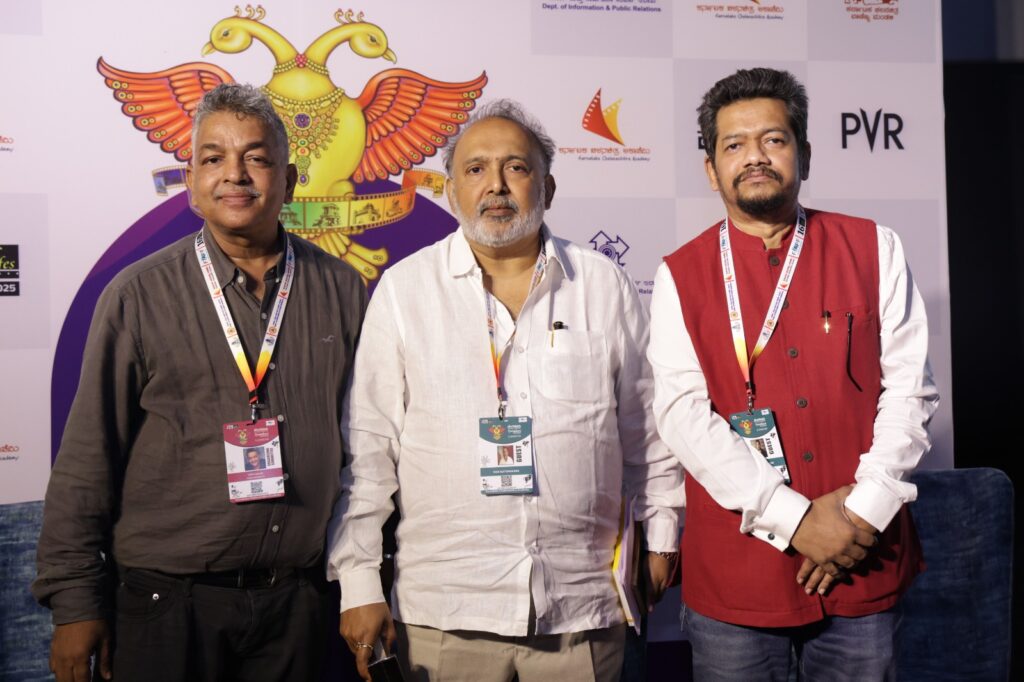
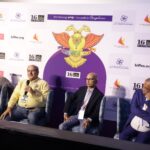
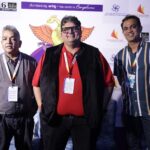
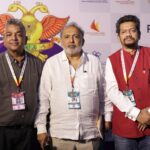



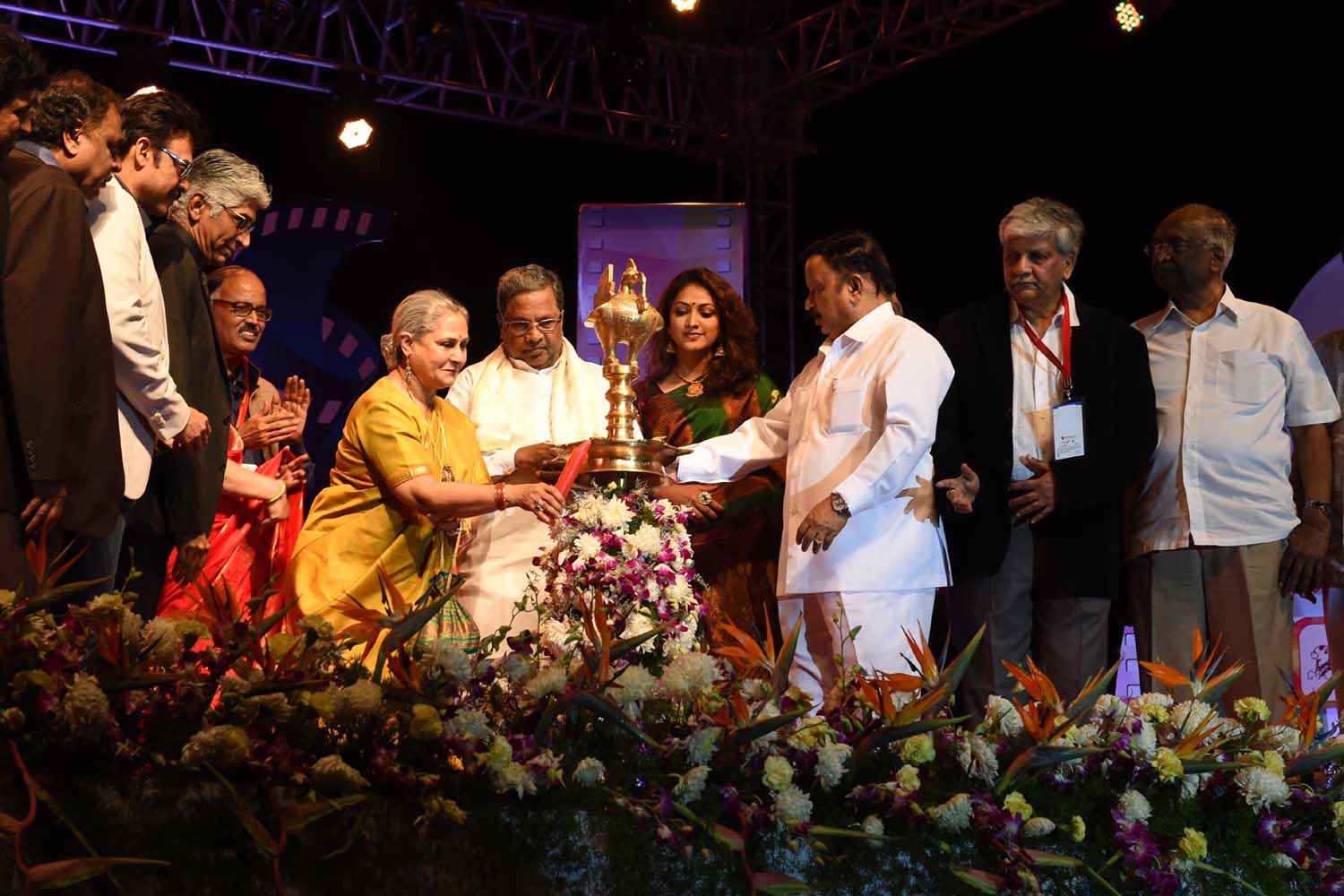
Leave a Reply